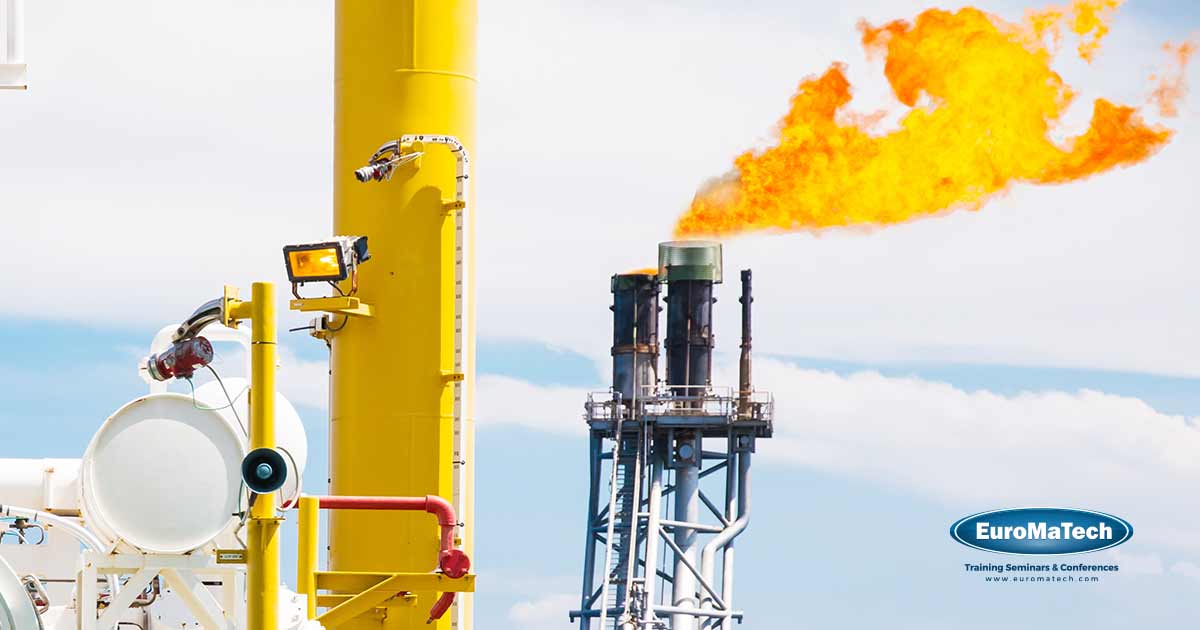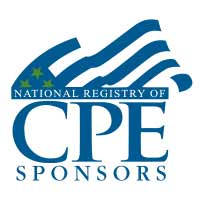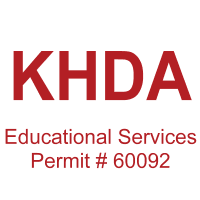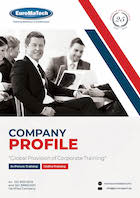
An Intensive 5-day Training Course
Flares and Relief Systems:
Efficient Design, Safe Operation & Maintenance
- Format: Classroom
- Duration: 5 days
- Language: English
- Accredited: CPE, KHDA Certified training courses
CLASSROOM DATES
INTRODUCTION
This Flares and Relief Systems training course provides a comprehensive overview of relief and flare systems for oil & gas processing facilities. This EuroMaTech training course begins with defining the need for pressure control (over and under pressure protection), continues with the key engineering and design aspects including code considerations and concludes with selecting and defining the components of a relief flare system. The material presented is applicable to onshore field production facilities, pipelines, gas plants, terminals and offshore production facilities.
Participants will develop the following competencies:
- Understand the purposes of relief and flare systems and their importance in safe operations
- Understand the causes of over-pressure and the ways to control or mitigate them
- Appreciate the process engineering principles underpinning relief systems
- Determining the set / relieving pressures to meet operational, safety, and code requirements
- Selection and sizing of other key components of a relief / flare system
TRAINING OBJECTIVES
- Defining the possible relief scenarios
- Commonly used pressure relieving devices, selection and sizing
- Operational considerations of maintenance, testing, certification, and disposal of fluids
- Designing and operating relief and flare header systems considering fluid characteristics, service conditions, volumes, gas dispersion, and radiation
WHO SHOULD ATTEND?
- Engineers responsible for designing relief and flare systems in oil and gas facilities
- Operations Personnel responsible for operating relief and flare systems in oil and gas facilities
- Maintenance Personnel responsible for the maintenance of relief and flare systems in oil and gas facilities

TRAINING METHODOLOGY
This EuroMaTech training course will combine presentations with interactive practical exercises, supported by pre and post-test activities plus case studies and videos. Delegates will be encouraged to participate actively in relating the principles and concerns of flare and relief systems installed at their operating facility.
TRAINING SUMMARY
In industrial plants relief systems prevent equipment from catastrophic failure and uncontrolled release of equipment contents. Flare stacks are primarily used for burning off flammable gas released by pressure relief valves during unplanned over-pressuring of plant equipment. This Flares and Relief Systems training course covers essential skills necessary for the safe and efficient design, operation and maintenance of these relief and flare systems by providing delegates with the knowledge, understanding and expertise to ensure a reliable operating processing facility.
TRAINING OUTLINE
Day 1: Typical Flare and Relief System
- Purpose of relief and flare systems
- Principle of process relief devices and process design of relief systems
- Overview of typical relief and flare systems
- Key components including:
- Knockout drum
- Flame arresters
- Pressure Vacuum Relief Valves (PVRV)
- Pressure Relief Valves (PRV)
- Rupture / Bursting Discs
- Flare Header and flare stacks
- Interlocks
- P&ID
Day 2 : Possible Relief Scenarios
- Vessel and Tank Design
- Safety implications
- Causes of overpressure
- Overpressure protection philosophy
- Inherent safety
- Source isolation and relief
- Flammability
- Explosions and BLEVE
- Operational characteristics
- Causes of improper performance
Day 3 : Operational Considerations of Maintenance, Testing, Certification and Fluid Disposal
- Codes and standards including good practices
- Environmental considerations
- Radiation considerations
- Purge gas
- Risk-based inspection and testing
- Records
Day 4 : Determining Set / Relieving Pressures to Meet Safety and Code Requirements
- Liquids, Pressure and Hydraulic relief
- Flow of Liquids
- Reynolds number, pressure drop in pipes
- Compressible flow
- Choked flow
- Two-phase and Multi-phase Flow
- Design and specification considerations for relief valves and header systems, including:
- Fluid characteristics
- Service conditions
- Material selection
- Header sizing
- Determination of relief requirements and defining set point pressures
- Blow-down / depressurizing: purpose, design and operational considerations
Day 5 : Selection and Sizing of Key Components
- Safety and relief valve types,
- Application and sizing of common relief devices
- Selection and sizing of key components:
- Knockout drums,
- Seal drums,
- Vent / flare stack,
- Flare ignition systems
CALL ME BACK
Do you wish for us to conduct this course at your premises?
Discover In-House Solutions
ACCREDITATION

EuroMaTech is registered with the National Association of State Boards of Accountancy (NASBA) as a sponsor of continuing professional education on the National Registry of CPE Sponsors. State boards of accountancy have final authority on the acceptance of individual courses for CPE credit.

Euromatech is a Knowledge & Human Development Authority (KHDA) approved training institute in Dubai, licensed and approved to deliver training courses in the UAE.
The KHDA is the regulatory authority in the UAE, that oversees administering, approving, supervising, and controlling the activities of various education providers in the UAE. We are proud of our commitment to ensuring quality training courses and status as a KHDA-approved training provider.
Taught by our team of highly qualified trainers, our KHDA approved training courses will provide you with an enriching learning experience and practical knowledge that will help you future-proof your career and support professional development within your organisation.

